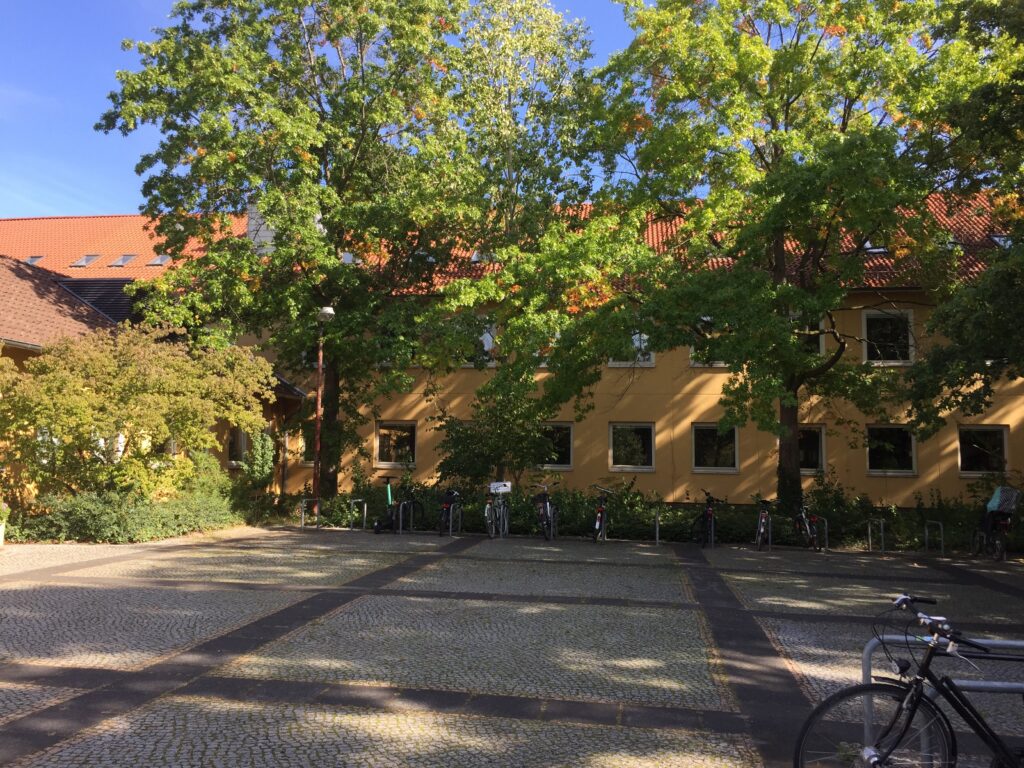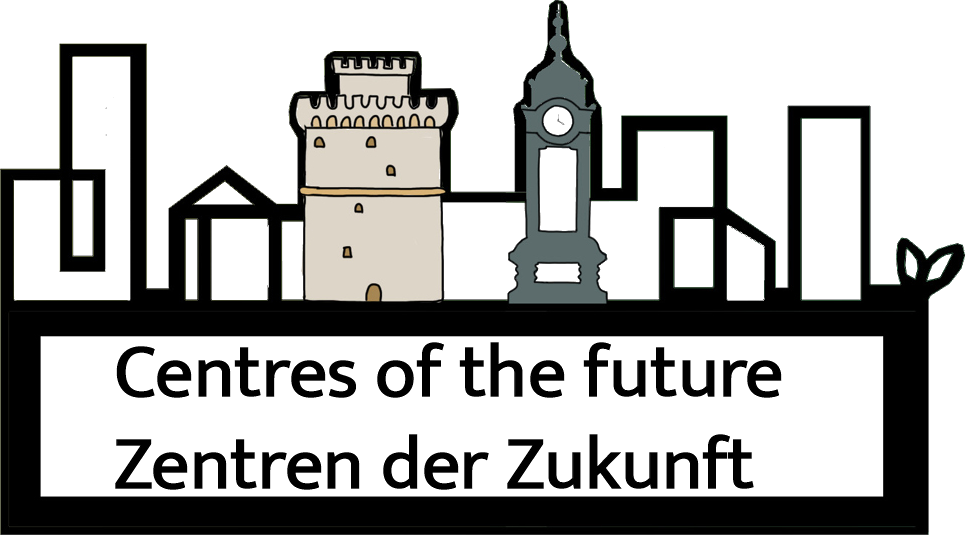In student projects, e-learning concepts are jointly developed, tested and implemented. Project study is the central form of teaching at LUH. In supervised student projects, small working groups (approx. 8-10 students) work on complex tasks during a semester (6 months). The aim is to develop specific basics during the project work in order to implement e-learning concepts on the annual focuses (e.g. sustainable center development, planning systems and cultures, best practice examples and options for action, etc.). The offered projects build on each other. The learning management system ILIAS (Integrated Learning, Information and Work Cooperation System) offers extensive functions for the didactic design of teaching and serves to promote the self-directed learning by students as well as to accompany classroom teaching. This includes, for example, online learning modules, exercise tools, blogs, portfolios, learning map training, video annotations as well as live voting for lecture hall polls and tests. In addition, game-based, digital and analog approaches to gamification and storytelling can be used to create the concepts (e.g., board games). The developed e-learning concepts can be used both at LUH and AUTH.


Master’s project “Understanding Planning Cultures in a Nutshell: A Comparison between Greece and Germany”
During the summer semester of 2024, the Master’s project “Understanding Planning Cultures in a Nutshell: A Comparison between Greece and Germany” carried out a detailed analysis of the factors influencing planning cultures on sustainable urban development in the two cities of Hanover and Thessaloniki. The students analysed how planning cultures in the urban contexts influence selected aspects of green infrastructure and mobility. In addition, an analysis was made of how people in the cities participate in the topics.
The analysis was based on literature review and qualitative interviews with experts from both cities. The results show that the planning system in Germany – exemplified here by Hannover – is characterised by a coordinated, sustainable and participatory approach. At the same time, Greece – represented by Thessaloniki – is characterised by centralist tendencies and a less flexible planning system, resulting in somehow slower progress.
Hanover offers extensive and well-structured green areas within the urban area, while Thessaloniki has less green space per capita and faces challenges regarding distribution and accessibility. In terms of mobility, Hanover already has an extensive public transport network and cycling infrastructure. Thessaloniki is constantly implementing and improving its transport infrastructure and introducing environmentally friendly options.
Both cities use citizen participation in a variety of ways, with Hanover already using advanced systematic methods and Thessaloniki working on structured approaches. The results of the project emphasise the importance of stable planning systems and effective citizen participation for sustainable urban development. The study also highlights the importance of optimising and strengthening public participation processes to make the planning processes more effective and inclusive.
The project “Understanding Planning Cultures in a Nutshell: A Comparison between Greece and Germany” illustrates the importance of stable and transdisciplinary influenced planning systems for sustainable urban development. The differences in the planning cultures of Hanover and Thessaloniki offer valuable insights into the design of urban development strategies and the implementation of sustainable practices. These findings are not only relevant for the two cities analysed, but also provide valuable impulses for other cities and countries facing similar challenges.
